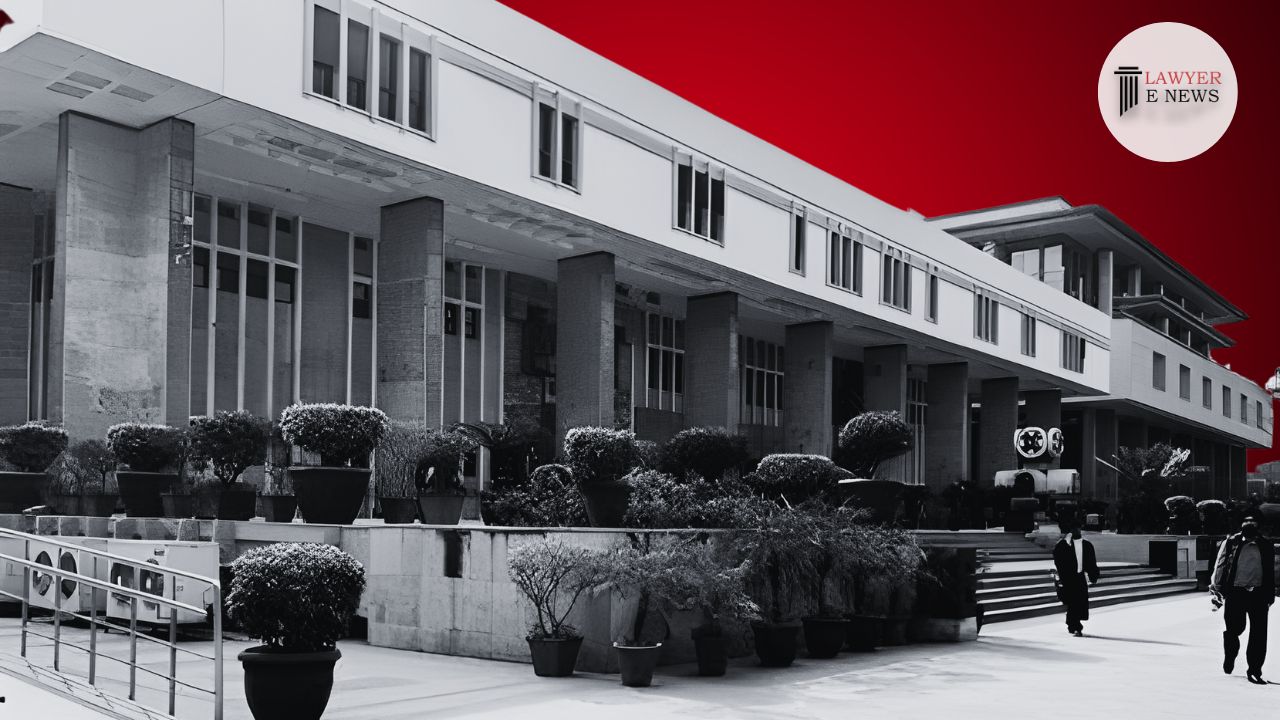-
by Admin
15 February 2026 5:35 AM



In a significant judgment that clarifies the jurisdictional aspects of enforcing foreign arbitral awards, the Delhi High Court, led by Hon’ble Mr. Justice Prateek Jalan, has set a precedent by affirming its authority to entertain enforcement proceedings when the award debtor possesses assets within its domain. The case, TAQA India Power Ventures Private Limited & Anr. Vs. NCC Infrastructure Holdings Limited, revolved around the enforcement of a foreign award dated January 24, 2018, arbitrated under the Singapore International Arbitration Centre.
Justice Prateek Jalan, in his meticulous analysis, stated, “The question of jurisdiction...turns upon a determination as to whether the award debtor possesses any assets within the jurisdiction of the Court.” This observation came amidst deliberations on whether the debt owed by Himalayan Green Energy Private Limited (HGEPL) to the award debtor could be considered an asset, despite being classified as “doubtful” or “written off.”
The court dismissed the award debtor’s preliminary objection regarding the lack of jurisdiction due to non-residency and absence of assets in Delhi. The counter-argument highlighted the existence of assets owed to the award debtor by HGEPL, a company based in Delhi. The court’s judgment emphasized, “An award holder is entitled to elect any Court within which assets of the award debtor are available, howsoever diminished their value may be.”
This ruling is pivotal in the landscape of arbitration law, particularly in the context of international commercial disputes. The court effectively rejected concerns about potential “forum shopping” in enforcement proceedings, aligning with the Supreme Court’s directives that the location of the award debtor’s assets is central to determining jurisdiction.
Represented by a team of eminent lawyers, including Mr. Rajiv Nayar and Mr. Ashish Dholakia for the decree holders and Dr. Amit George for the judgment debtor, the case has set a crucial precedent. The court’s decision to uphold its jurisdiction and dismiss the applications challenging it marks a significant stride in streamlining the enforcement process of foreign arbitral awards in India.
The court has scheduled the enforcement proceedings, along with pending applications, for further proceedings on December 4, 2023. This judgment is seen as a reinforcement of the Delhi High Court’s commitment to upholding the rule of law in complex international arbitration matters.
Date of Decision: 09.11.2023
TAQA INDIA POWER VENTURES PRIVATE LIMITED & ANR. VS NCC INFRASTRUCTURE HOLDINGS LIMITED,
